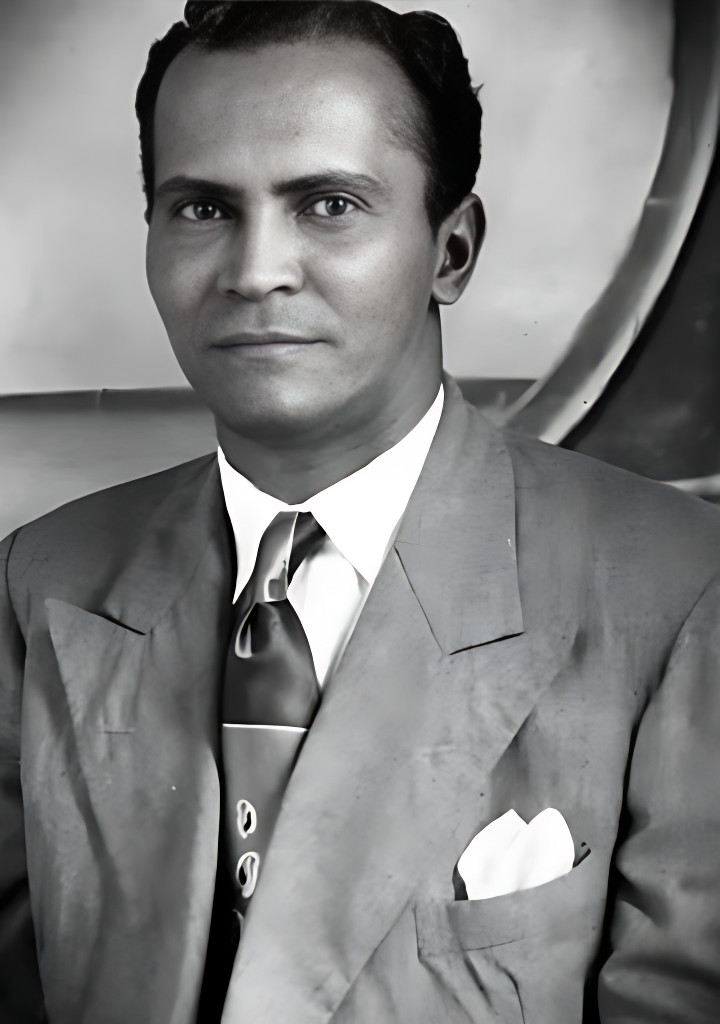Nelson Estupiñán Bass (Sua, Esmeraldas, September 19, 1912 — Pennsylvania, United States, March 3, 2002) was an Afro-Ecuadorian novelist, short story writer, poet, essayist, journalist and diplomat. He served as the president of the Esmeraldas chapter of the House of Ecuadorian Culture. His first novel Cuando los guayacanes florecían (1954; translated into English as When the Guayacans Were in Bloom, 1987) is widely read in Ecuador and Latin America, and has been translated into English, German, French and Russian. In 1993 Bass received Ecuador’s highest literary honor, the Eugenio Espejo Award. In 1998, Estupiñán Bass was nominated for the Nobel Prize in Literature. While giving a series of lectures in 2002 at Penn State University Bass became ill with pneumonia and succumbed to the deadly illness at the Hershey Medical Center on March 3, 2002
Introduction
Nelson Estupiñán Bass (1912–2002) was a prominent Afro-Ecuadorian novelist, short story writer, poet, essayist, journalist, and diplomat. He was born on September 19, 1912, in Súa, Esmeraldas, Ecuador, and passed away on March 3, 2002, in Pennsylvania, United States. Bass played a crucial role in representing the Afro-Ecuadorian culture and experience through his literary works.
Literary Career and Achievements
Bass’s literary career spanned various genres, including novels, poetry, essays, and criticism. His first novel, “Cuando los guayacanes florecían” (When the Guayacans Were in Bloom), published in 1954, became widely read not only in Ecuador but also across Latin America. This acclaimed novel, which depicts the exploitation of Afro-Ecuadorians by conservative and liberal factions during Ecuador’s 1895 Liberal Revolution, has been translated into English, German, French, and Russian. In the English translation by Henry J. Richards, the novel is titled “When the Guayacans Were in Bloom” (1987).
Bass authored several other notable novels, including “El paraíso” (1958), “El último río” (1966), “Senderos brillantes” (1974), “Las puertas del verano” (1978), “Toque de queda” (1978), “Bajo el cielo nublado” (1981), “Los canarios pintaron el aire amarillo” (1993), and “Al norte de Dios” (1994). The latter novel, translated into English as “The Other Son of God” by Henry J. Richards in 2013, further expanded Bass’s international recognition.
As a poet, Bass demonstrated his artistic prowess with collections such as “Canto negro por la luz” (1956), “Timarán y cuabú” (1956), “Las huellas digitales” (1971), “Las tres carabelas” (1973), and “negra bullanguera” (1980). His poetic works delved into themes that reflected the Afro-Ecuadorian culture and experiences.
Bass also contributed to the literary landscape through his essays and criticism. Works such as “Luces que titilan: guía de la vieja Esmeraldas” (1977), “Viaje alrededor de la poesía negra” (1982), “Desde un balcón volado” (1992), and “El Crepúsculo” (1983) showcased his insightful analysis and commentary on various literary topics.
Personal Life and Recognition
Bass’ first wife was Julia Elena Ortiz. In 1962, Bass married Luz Argentina Chiriboga, who herself became a prominent author of Afro-Ecuadorian literature and a feminist icon. Bass’s personal life was marked by his commitment to both his craft and his advocacy for Afro-Ecuadorian culture.
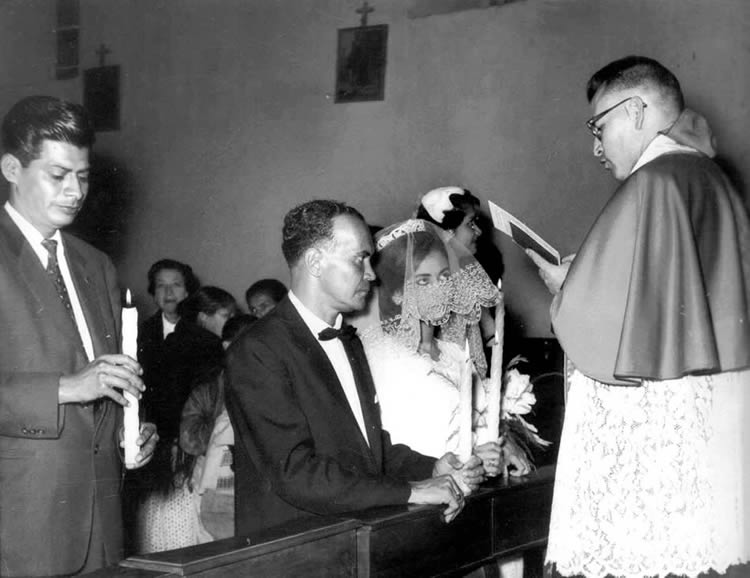
His literary achievements garnered significant recognition. In 1993, Bass received Ecuador’s highest literary honor, the Eugenio Espejo Award, in recognition of his contributions to Ecuadorian literature. Additionally, in 1998, he was nominated for the Nobel Prize in Literature, highlighting his impact as a writer.
Legacy and Impact
Nelson Estupiñán Bass’s literary contributions as an Afro-Ecuadorian writer have been instrumental in shedding light on the Afro-Ecuadorian experience and addressing social issues. His works amplify the voices of marginalized communities, offering a platform for exploring cultural heritage and societal challenges. As president of the Esmeraldas chapter of the House of Ecuadorian Culture, Bass actively advocated for the preservation and celebration of Afro-Ecuadorian culture, challenging discrimination and raising awareness about the rich cultural heritage of Afro-Ecuadorians.
Bass’s impact extends beyond his literary achievements, as he played a crucial role in fostering recognition and appreciation of Afro-Ecuadorian literature and culture. Through his novels and poems, he skillfully portrayed the struggles, triumphs, and resilience of the Afro-Ecuadorian community, providing a nuanced understanding of the African Diaspora in Latin America. By incorporating elements of social realism and Africanist poetics into his writing, Bass captured the essence of Afro-Ecuadorian culture and contributed to a broader understanding of race, identity, and social justice.
Furthermore, Bass’s influence transcends literature, as he served as a cultural ambassador, fostering dialogue and understanding between communities and promoting social change. His work continues to inspire and empower Afro-Ecuadorian writers and artists, contributing to a more inclusive and diverse cultural landscape in Ecuador and beyond. Nelson Estupiñán Bass’s legacy represents the transformative power of literature in challenging societal norms, amplifying marginalized voices, and fostering a deeper understanding of our shared humanity.
Pictures
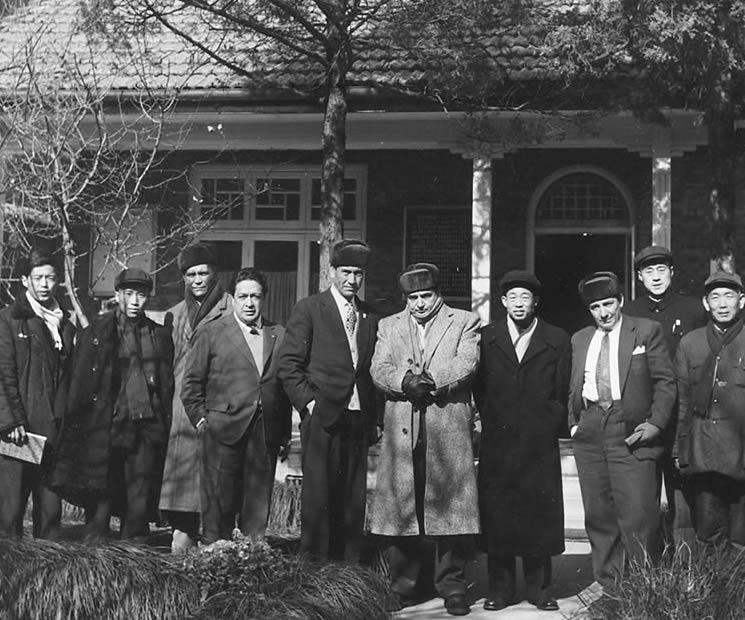
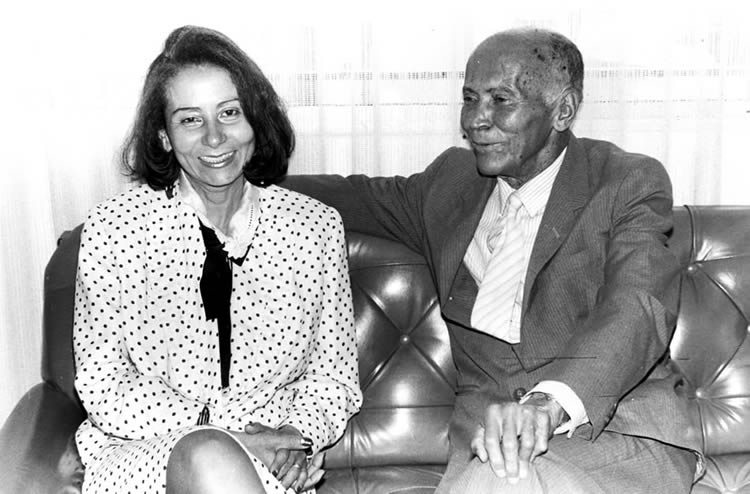
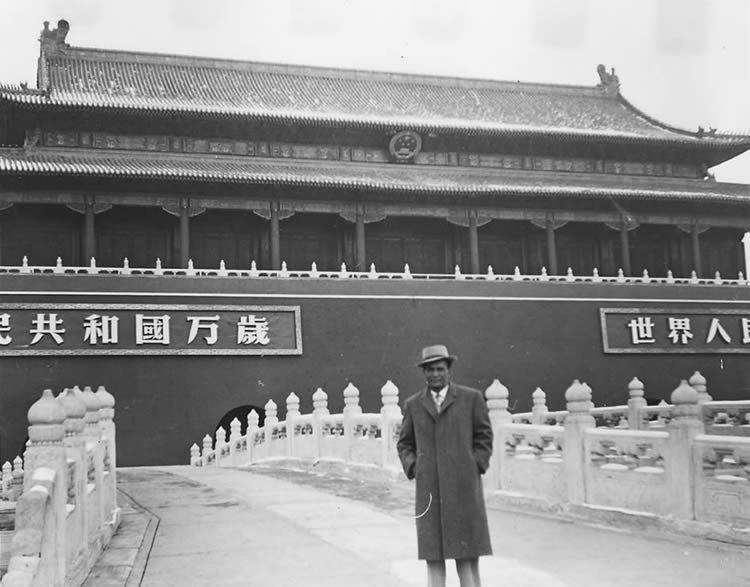
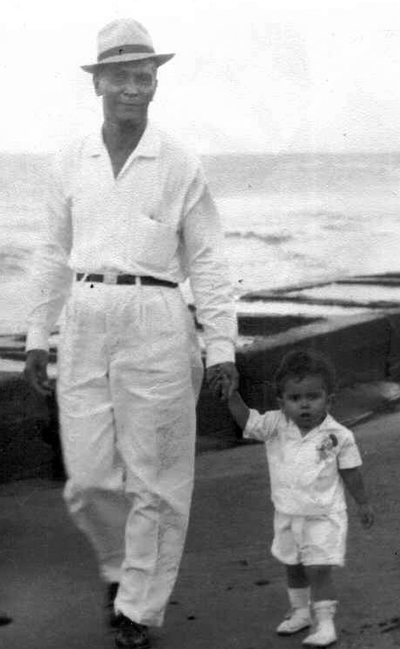
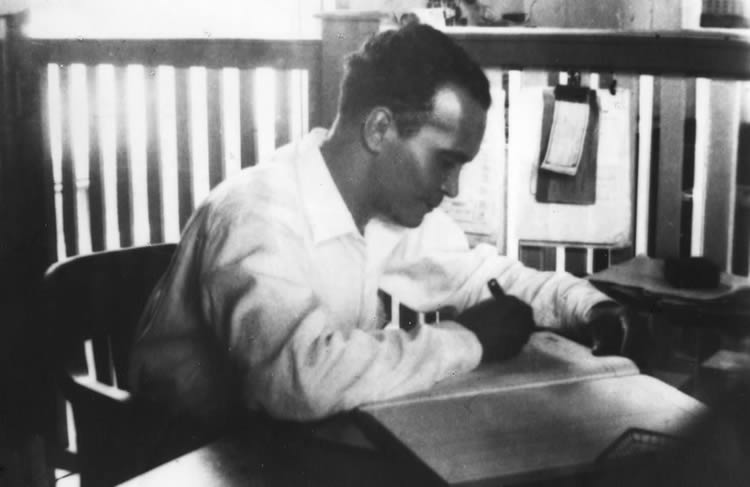
Novels
- Cuando los guayacanes florecían (Quito, 1954) – translated into English by Henry J. Richards as When the Guayacans Were in Bloom (1987).
- El paraíso (Quito, 1958)
- El último río (Quito, 1966) – translated into English by Ian Isidore Smart as Pastrana’s Last River (1993).
- Senderos brillantes (Quito, 1974)
- Las puertas del verano (Quito, 1978)
- Toque de queda (Guayaquil, 1978)
- Bajo el cielo nublado (Quito, 1981)
- Los canarios pintaron el aire amarillo (1993)
- Al norte de Dios (Quito, 1994) – translated into English by Henry J. Richards as The Other Son of God (2013).
Poetry
- Canto negro por la luz (Quito, 1956)
- Timarán y cuabú (Quito, 1956)
- Las huellas digitales (Quito, 1971)
- Las tres carabelas (Portoviejo, 1973)
- negra bullanguera (1980)
- El desempate: poesia popular (1980)
Essays and criticism
- Luces que titilan: guía de la vieja Esmeraldas (Esmeraldas, 1977)
- Viaje alrededor de la poesía negra (Quito, 1982)
- Desde un balcón volado (Quito, 1992)
- El Crepúsculo (1983)

